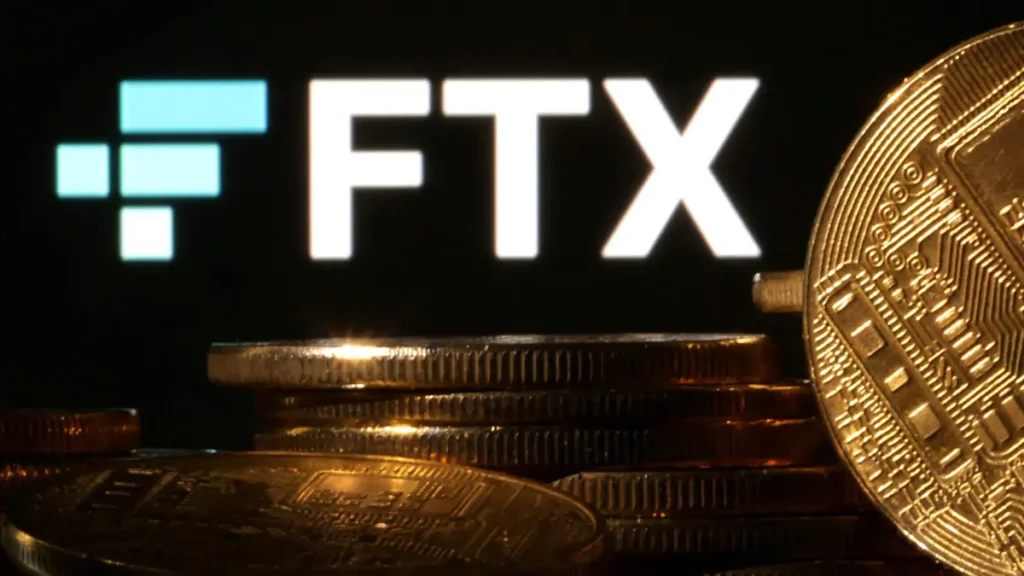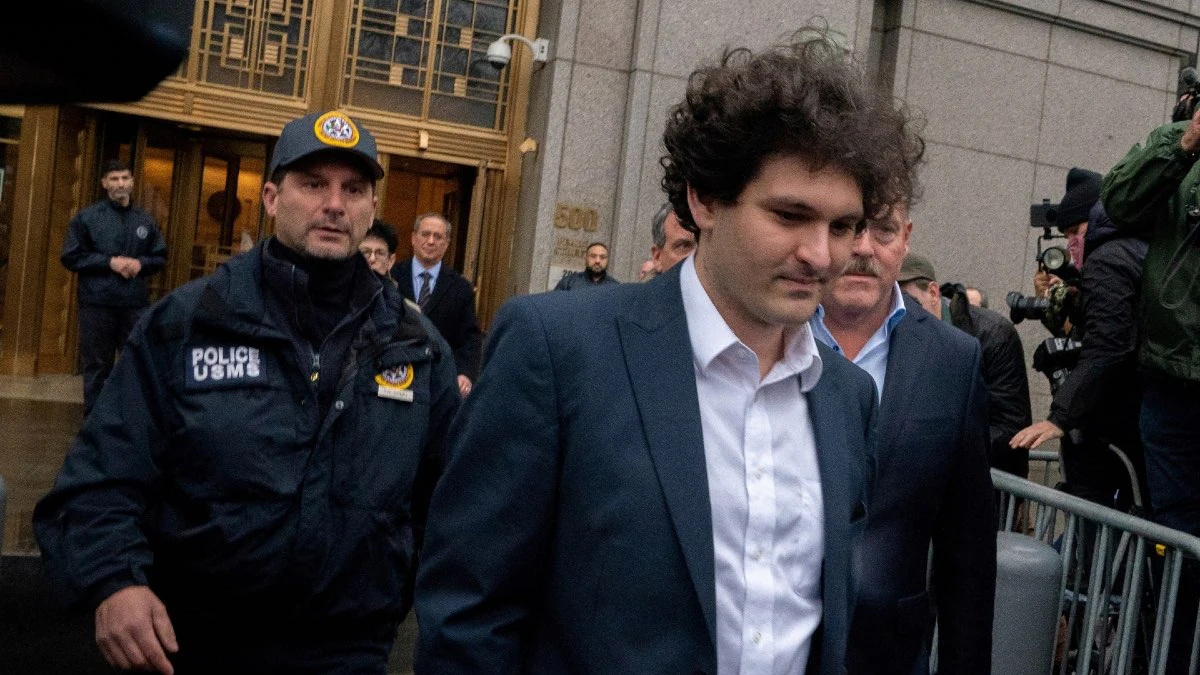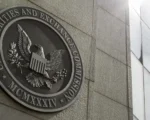Sam Bankman-Fried Convicted: Faces Up to 110 Years in Prison on Fraud and Conspiracy Charges
During the sentencing hearing on Tuesday, Sam Bankman-Fried’s legal representative, Marc Mukasey, made a compelling plea for leniency before U.S. District Judge Lewis Kaplan. Mukasey emphasized that a reduced sentence would be warranted, given Bankman-Fried’s cooperation and efforts to rectify the situation.
According to Mukasey, the recommended guidelines propose a prison term ranging between 5-1/4 and 6-1/2 years, a significantly shorter duration compared to the staggering maximum sentence of 110 years looming over Bankman-Fried. Mukasey underscored that despite the severity of the charges leveled against his client, the prospects of customers recovering most of their funds from the now-defunct cryptocurrency exchange, FTX, should factor into the sentencing decision.
The sentencing submission marks a pivotal moment in the legal proceedings surrounding Bankman-Fried’s conviction on seven counts of fraud and conspiracy, stemming from allegations of misappropriating $8 billion from FTX customers. Prosecutors have characterized the case as one of the most significant financial frauds in American history, painting Bankman-Fried as a central figure in the purported scheme.
However, Mukasey’s argument seeks to highlight Bankman-Fried’s efforts to mitigate the impact of the alleged fraud, positioning him as a cooperative party willing to take responsibility for his actions. As Judge Kaplan deliberates on the appropriate course of action, Mukasey’s plea serves as a compelling appeal for a sentence that balances accountability with recognition of Bankman-Fried’s efforts towards restitution and resolution.

The outcome of the sentencing hearing holds profound implications not only for Bankman-Fried but also for the broader cryptocurrency ecosystem and investor community. As stakeholders await the judge’s decision, the case underscores the complexities and challenges inherent in regulating digital assets and exchanges, shedding light on the critical need for robust oversight and accountability mechanisms to safeguard investor interests and preserve market integrity.
Bankman-Fried has been jailed at Brooklyn’s Metropolitan Detention Center since August, when Kaplan revoked his bail after finding that he likely tampered with witnesses.In a letter to Kaplan, Bankman-Fried’s psychiatrist George Lerner wrote that he is on the autism spectrum. Mukasey wrote that Bankman-Fried struggles to make eye contact and communicate with others, which could leave him vulnerable in a prison setting.
Bankman-Fried’s mother wrote that her son had taken responsibility for the errors that led to FTX’s collapse and was remorseful, but said she feared for his life in prison.”His father and I face the very real possibility that we will not live long enough to see him freed,” Fried wrote. “I would gladly change places with him if I could.”

















